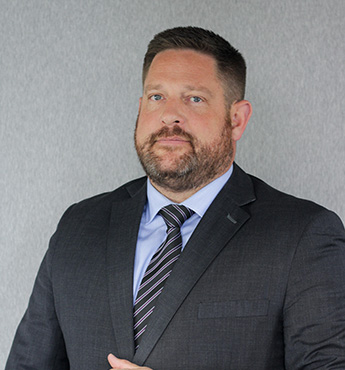



In Utah, an interdicted person is defined as:
“A person to whom the sale, offer for sale, or furnishing of an alcoholic product is prohibited by law or court order.”
– Utah Code § 32B-1-102(58)
Simply put, an interdicted person is legally barred from possessing or consuming alcohol, typically due to a court order. This restriction often arises as a condition of criminal probation in cases such as:
Being interdicted means any interaction with alcohol can result in serious legal consequences.
Interdiction is typically imposed when a judge includes a no-alcohol condition in a probation order. This often occurs in cases involving:
Once interdicted, possessing or consuming alcohol becomes a new criminal offense, which can lead to further penalties.
Violating interdiction terms is classified as a Class B misdemeanor under Utah Code § 32B-4-413. Below are the potential consequences:
| Penalty | Details |
|---|---|
| Jail Time | Up to 6 months in county jail (no state prison time) |
| Fines | Maximum fine of $1,000 |
| Probation | Court probation or private supervised probation |
| Expungement Waiting Period | 4 years after successful case closure |
Probation conditions may include:
A strong defense often begins with proactive treatment to demonstrate a commitment to sobriety. Judges may show leniency if you take steps toward recovery. Below are effective alcohol abuse treatment options:
| Treatment Type | Description |
|---|---|
| Medication-Assisted | Includes medications like Antabuse, anti-craving shots, or detox support |
| Detoxification (Detox) | Medically supervised detox for severe alcohol withdrawal |
| In-Patient Rehab | 30, 60, or 90-day residential or lockdown programs |
| Intensive Outpatient (IOP) | 3-4 hour sessions, several days per week – less restrictive than inpatient |
| General Outpatient (GOP) | Weekly therapy or counseling, ideal for milder cases |
| Aftercare Programs | Ongoing support post-rehab to prevent relapse |
| Support Groups | Alcoholics Anonymous (AA) or individual therapy for long-term recovery |
Investing in treatment can significantly reduce penalties and show the court your dedication to change.
Utah law (Utah Code § 32B-4-413) provides limited exceptions where interdicted persons may legally interact with alcohol:
Outside these exceptions, any possession or consumption is illegal and punishable.
Common triggers include DUI, drug charges, domestic violence, or any offense involving alcohol misuse.
Interdiction typically ends when probation concludes or if the court lifts the restriction. You can also file a motion to modify probation terms.
It generally lasts for the duration of your probation, but this varies by case and judge.
Unintentional consumption is not typically excused and may still result in penalties. Consult a lawyer immediately.
Being an interdicted person in Utah carries significant legal responsibilities. Violating interdiction terms can lead to jail time, fines, and extended probation. By understanding Utah Code Title 32B, seeking treatment, and consulting a qualified attorney, you can navigate these challenges effectively.
For more information, consult Utah Code § 32B or contact a legal professional specializing in Utah alcohol laws.

For additional insights on Criminal Defense Law and to get to know Jake Gunter better, check out these helpful videos:
These resources will provide you with valuable information as you consider your legal options. For any questions or to schedule a free consultation, feel free to reach out to us directly.